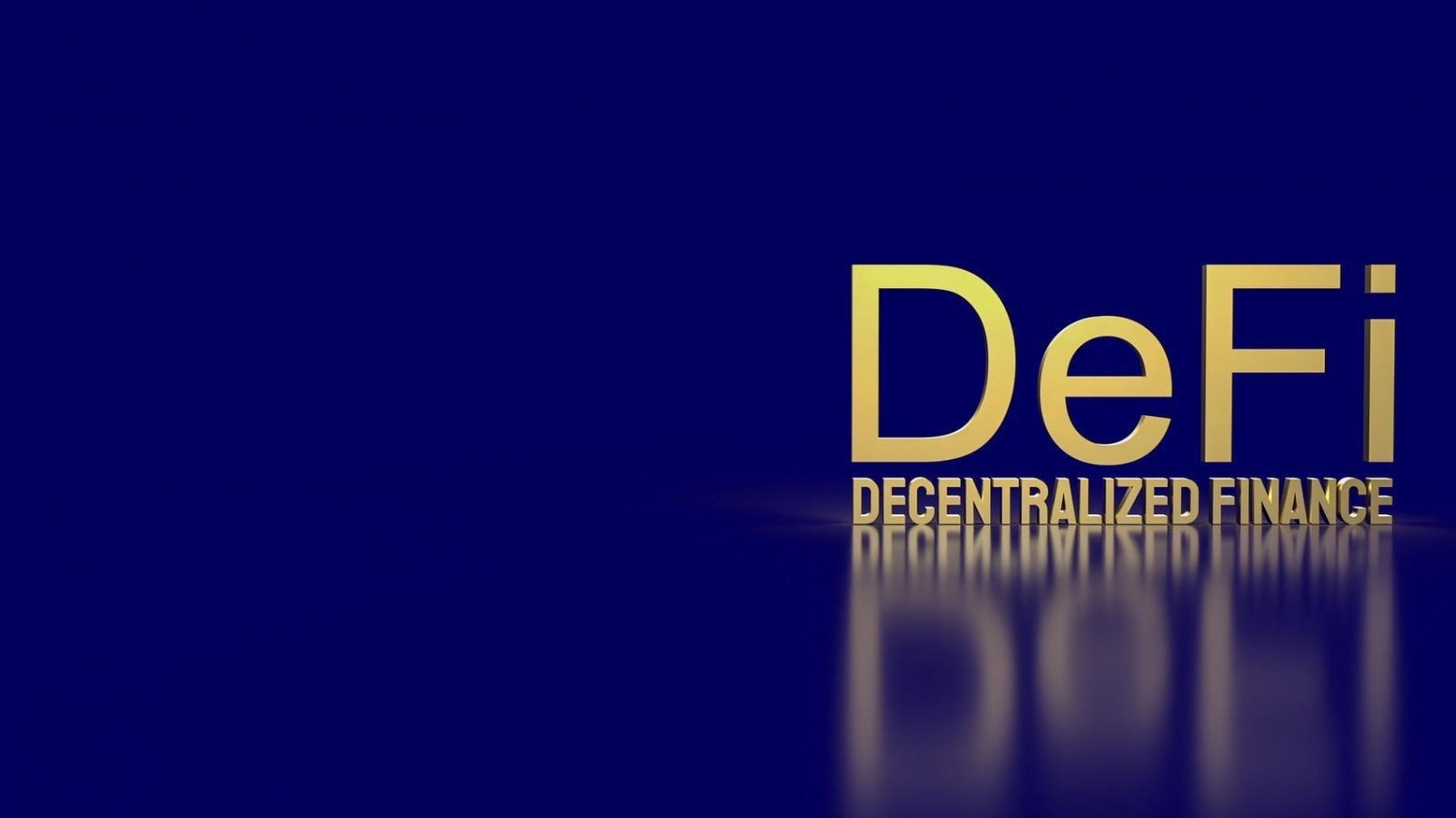
Whereas most of the cryptocurrency space moves at a breakneck speed in terms of innovation and development, security tokens are a curious exception. The concept first gained recognition in 2018 as the ICO boom fizzled out. Unlike the "wild west" of ICOs, security tokens offered a compliant route to market for project founders, along with peace of mind for investors.
However, the fact is that implementing an entirely new type of regulated asset and all the associated infrastructure is a lot more complicated than minting an ERC20 token and setting up an unregulated exchange on which to trade it. Regulators need time to develop frameworks under which to assess digital assets as securities. The market also needs compliant trading venues, as well as custody services for institutional clients.
Now that much of the groundwork is in place, we're starting to see the initial fruits of these efforts. Recently, a Swiss bank announced it had tokenized a Picasso painting, allowing investors to purchase shares worth $6,000 in the piece, valued at over $3.6 million. In Singapore, DBS Bank has announced its first security token offering of digital bonds.
Business Financing with Security Tokens
Art and bonds are one thing, but they're just a start. Eventually, security tokens will end up reaching almost every type of asset, which includes businesses. Security tokens offer vast potential to create global, liquid capital markets in which any individual or company can participate. Add DeFi into the mix, and those markets become open, automated, and decentralized.
For instance, imagine an entrepreneur who has successfully launched her first restaurant. She's turning enough profit to know she's onto a winning formula, but all her capital is tied up in the existing business - any expansion will require funding.
The standard security token model would see her tokenize part of her existing business and sell those tokens to investors to crowdfund her next venture. Investors could expect a share of future dividends and have all the same rights as shareholders or even VC investors.
While this model presents intriguing possibilities from the investor perspective, it won't appeal to all entrepreneurs. Many will want a means of fundraising that allows them to hold onto the full shares in their business. Therefore, many companies choose to use credit, opting to take a hit on interest payments rather than sell part of their business.
Now, security tokens combined with DeFi are providing businesses with a new avenue of financing. Convergence, a DeFi protocol backed by some of crypto's biggest VCs, has developed a proprietary token wrapping layer that allows anyone to unlock the value of their real-world assets.
What is Convergence?
Although there are several features to the platform, the jewel in Convergence's crown is a unique protocol that allows anyone to create wrapped versions of security tokens, comparable to how Wrapped BTC works. The difference is that BTC is a fungible coin, whereas security tokens backed by unique assets like a Picasso or a share in a restaurant are non-fungible.
Using Convergence, anyone can deposit any security token into the protocol to create a Wrapped Security Token (WST) that's fungible with other DeFi assets. They can then use their WSTs in any DeFi protocol - for example, to stake as collateral on a loan for financing new ventures like a new restaurant.
Convergence also provides an automated market maker with a price discovery algorithm that seeks out optimal orders from liquidity sources. A planned migration to the Moonbeam chain means it will offer cross-chain compatibility with Ethereum and other platforms such as BSC. The ConvPools feature also allows asset owners to manage and create marketing strategies.
So far, the project appears to be the only one of its kind. While others have attempted to explore bringing specific assets such as company shares or bonds into DeFi, there isn't yet any protocol that embraces the entire spectrum of real-world assets tokenized as securities.
As such, Convergence is attracting significant attention in the market. The project raised over $3.75 million from investors, including Alameda Research, Hacked, NGV Ventures, GBV, and OKEx's Block Dream Fund. It's also established partnerships with Soul Capital, Ellipti, and Winkrypto.
Breaking Down Barriers
Since its inception, DeFi has existed in a kind of bubble, but the walls are breaking down. As it becomes increasingly easy to collateralize any type of asset, people will increasingly turn to DeFi as a means of raising capital for their enterprises or individual needs. Along with leveling up the liquidity available in capital markets, security tokens and DeFi will create an exciting new range of digital assets and investing opportunities for retail and institutional investors alike.
* This is a contributed article and this content does not necessarily represent the views of techtimes.com









